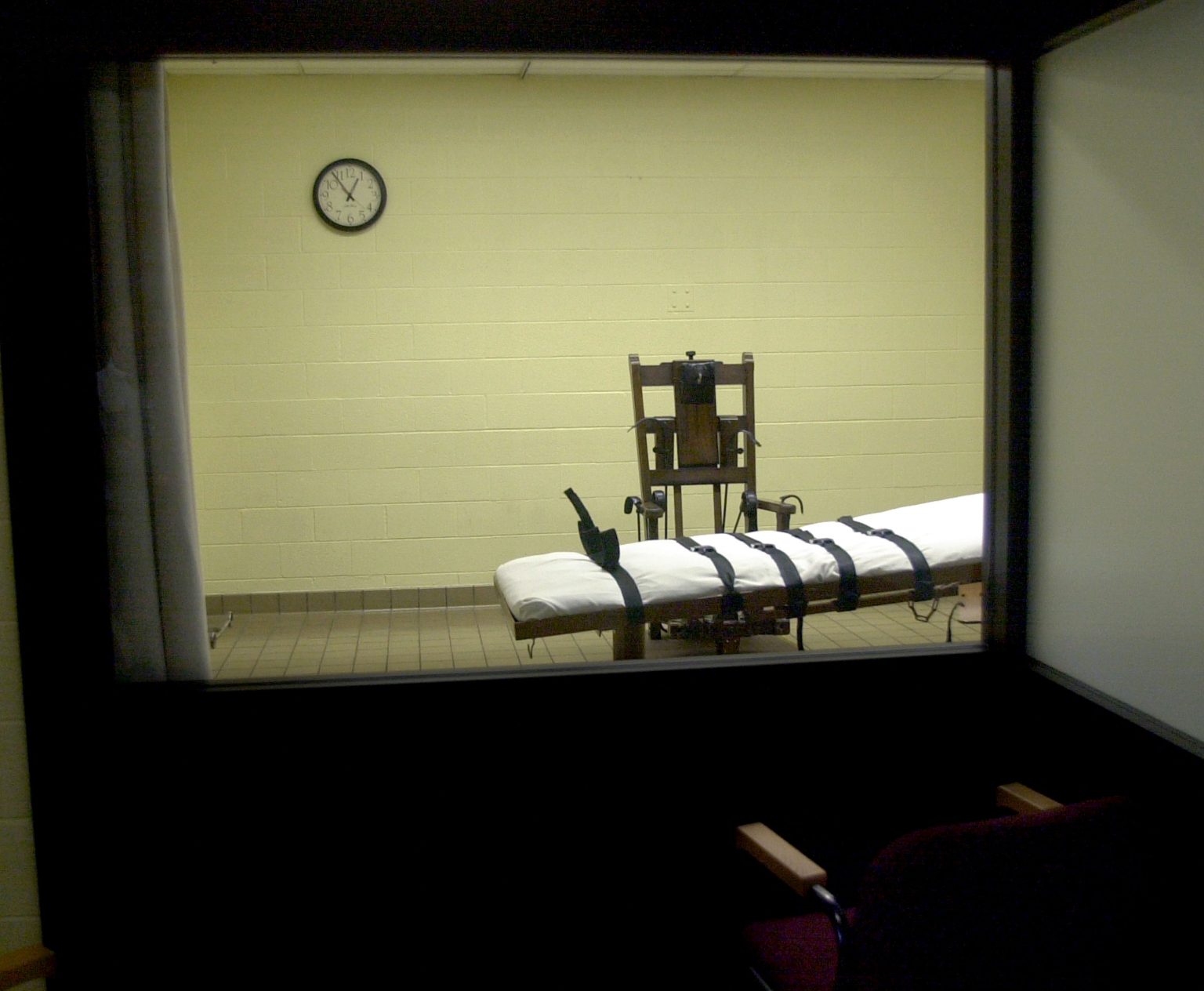Tennessee Governor Bill Lee has signed a new law that allows for those convicted of child rape to potentially receive the death penalty. The law, set to go into effect on July 1, permits the state to seek capital punishment for adults found guilty of the aggravated rape of a child. Offenders could face either death, life imprisonment without parole, or life imprisonment. Governor Lee, a Republican, signed the bill without issuing a statement, stating that he did not sign it with the intention of it being “tested” in court. He emphasized that crimes against children are among the most heinous.
The Supreme Court previously ruled in 1977 that sentencing someone to death for committing rape goes against the Eighth Amendment. Additionally, it deemed the use of the death penalty in child sexual battery cases unconstitutional in the 2008 case of Kennedy v. Louisiana. However, supporters of Tennessee’s new law are optimistic about a potential reversal of this ruling by the conservative majority Supreme Court. They are drawing parallels to the efforts to overturn Roe v. Wade, suggesting that the current Court may support efforts to protect children. State Senator Jack Johnson, who sponsored the bill, expressed confidence in the Court’s believed interest in protecting children and supporting Tennessee’s efforts.
Opponents of the new law argue that it could have negative implications for prosecuting child rape cases, potentially deterring victims from coming forward, particularly in cases where the abuser is a family member or acquaintance. Democratic State Representative Gloria Johnson expressed concerns about the impact of the law on victims’ willingness to report abuse. This legislation follows a similar bill signed by Florida Governor Ron DeSantis, allowing for the death penalty in child rape convictions. The first case pursued under this law in Lake County involved a man accused of sexually assaulting a minor under twelve years old.
Tennessee has not carried out any executions since February 2020, when Nicholas Sutton was executed by electric chair. Governor Lee halted all executions in the state in 2022 due to concerns about the testing of lethal injection drugs. An independent review revealed that the state had not consistently followed execution protocols since 2018. Governor Lee emphasized the importance of establishing a new protocol before any executions could resume, stating that he would not rush the process. This issue has reignited debates surrounding the death penalty and its application in cases of violent crimes, particularly those involving children.
The signing of the new law in Tennessee has sparked discussions about the use of the death penalty in cases of child rape, bringing attention to the potential implications of such legislation on victims, the legal system, and the execution process. Supporters of the law believe that the conservative majority on the Supreme Court may support efforts to protect children and potentially overturn previous rulings against capital punishment in such cases. However, opponents express concerns about the impact on prosecuting child rape cases and the potential deterrent effect on victims. The ongoing debate highlights the complex and emotionally charged nature of addressing crimes against children within the legal system.


